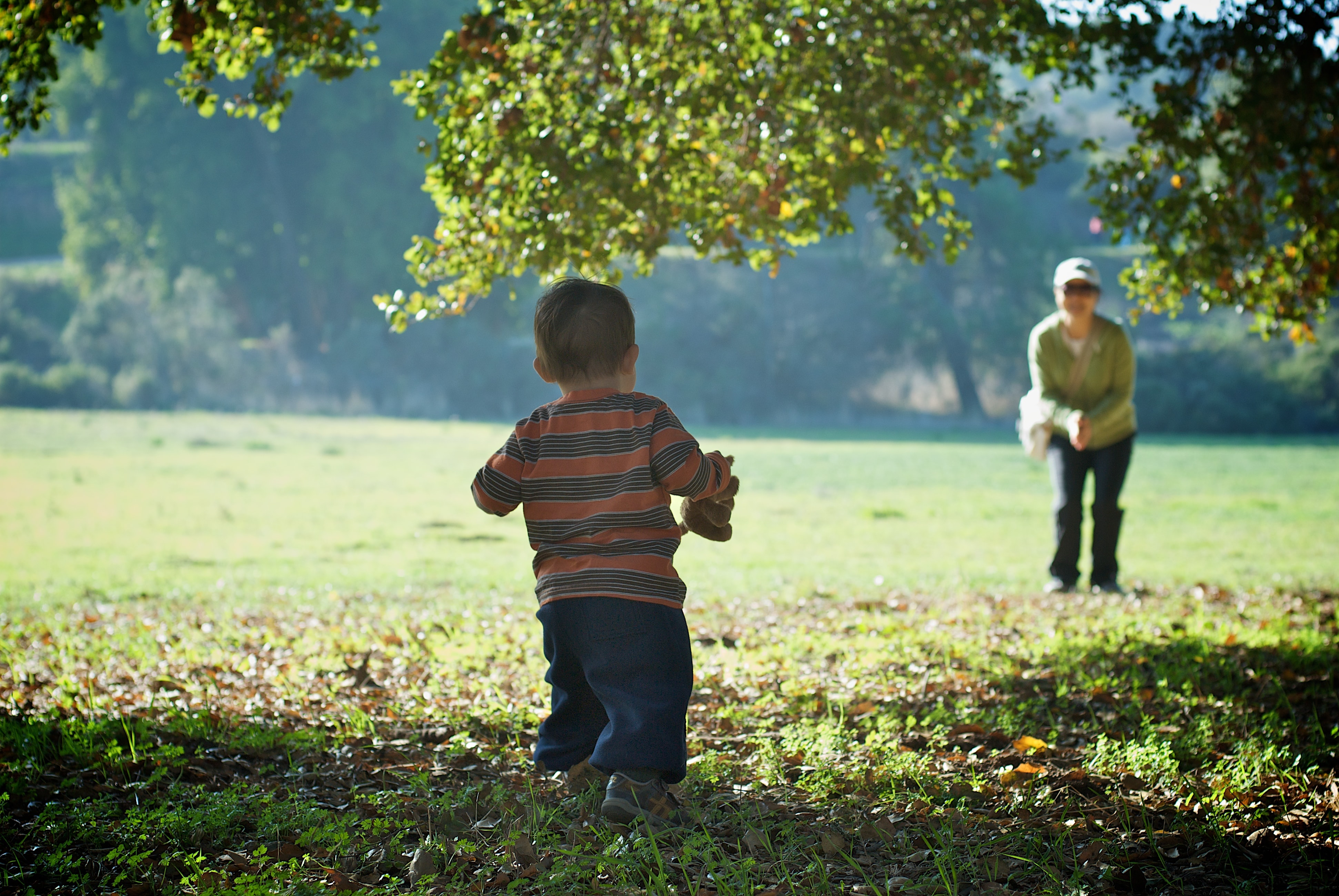Barcelona Tips: First Steps for Building a Language “Basis”
 The first steps in language learning may be the hardest. It means getting a good basis in a language, so you can build on it and really enjoy learning more.
The first steps in language learning may be the hardest. It means getting a good basis in a language, so you can build on it and really enjoy learning more.
With “basis” I mean four essential things:
1. Mastering a number of essential phrases, expressions, and short sentences that you can use with native speakers.
2. Pronouncing these in a way that native speakers can understand you.
3. Learning the melody of the language (the up- and-down in sentences, questions, requests, etc.), so YOU can understand basic phrases.
4. Gaining an understanding of grammar that you need for communication (distinguishing past, present, and future forms, identifying pronouns, and choosing the correct form of politeness.)
Learning Castilian Spanish in Barcelona
No doubt, the most desirable and effective way to immerse yourself in a new language is by staying for some time a country where the language is spoken.
But not all stories about language “immersion” are the same.
Here’s one of an American ex-pat couple, Rob and Lila, whom we recently met in Barcelona. The couple had moved to Barcelona a few years before and set up an international business that they’ve been running – in English - over the Internet. Lila already knew a few languages and learned Spanish easily by watching TV, etc., but Rob, who now speaks Spanish quite well, had to learn it from the ground up, word by word.
Dogs Can be a Great Asset
Over a glass of wine, and great-tasting “montaditos” (small, hot sandwiches), Rob told us about his “method” for learning Spanish. “Right from the beginning, my dog was my most valuable asset,” he said with a chuckle. He then told us that he went walking with his cute little pooch every day, morning, late afternoon, and evening - looking for Spanish conversations.
Other dog owners were easy to talk to, and of course, their conversations revolved around dogs. They talked about what kind of dog, the dog's character, funny little anecdotes, etc. At first, Rob said, he understood very little, but he'd go home and look up words in a dictionary or find them on the Internet. This way, he explained, he built up a stock of vocabulary, little by little.
Learning “Real” - Not “Textbook” Language
Another part of his “method,” he said, was to talk with homeless people in parks for a euro or two. “They were happy to pass the time chatting with me,” he added, “and I learned real language, not just textbook phrases.”
The next step for Rob was to have regular conversation sessions with Maia, a local friend, who very patiently corrected his Spanish and explained the why and how of certain phrases. “She was wonderful,” he said. “I would treat her to a cortado (an espresso with a dash of milk) and she would practice small talk in Spanish with me.”
For Rob, the hardest but most effective part of these sessions were the “language tasks” Maia prepared for him. She instructed him to go to the market or to various shops to buy specific items; or she asked him to go buy train tickets, make a phone call, etc.
Practice, Practice, Practice
The key to language learning is practice, practice, practice. Obviously, when you are living in a country where the language is spoken, practice comes easier. But even then you may have to develop your own strategies and systems to improve your skills. This is especially true, if you are living in an ex-pat community or working with colleagues in an English-speaking environment
Whether you follow Rick Steves’ suggestions, are using one of the many online language programs, or are learning new foreign words with vocabulary apps, consistent practice will eventually let you build your language “basis.
You’ll then find out what a great adventure it is to travel and interact with locals - in their language.
